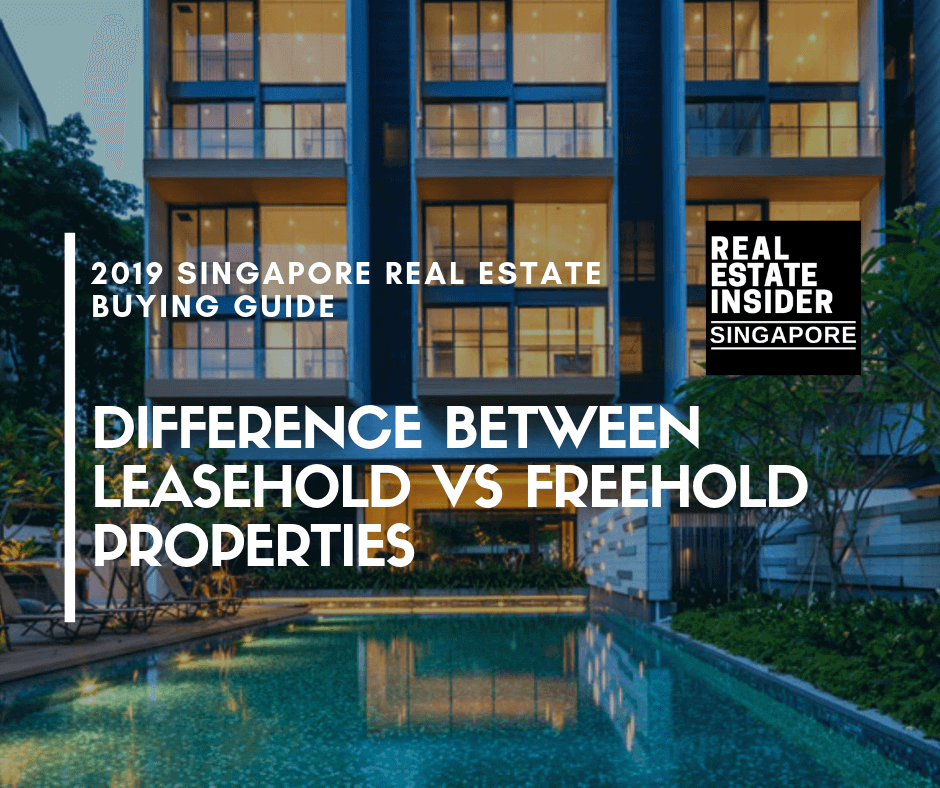Yes, yes, a garden would look good in a house like that. As most of you are overly excited and have already been planning about what your dream house would look like, you might want to ask yourselves a question, “How long do I plan to stay in this property?”
This is actually what the two main differences of both leasehold and freehold properties are for.
From the word itself, ‘leasehold’ properties are those with leases, most of them ranging for 30, 40, or 99 years long. Freehold, meanwhile, is the opposite. You own the land or property from the moment you bought it to the moment the state decides to build structures for the public’s benefit – which is possible and stated under the Land Acquisition Act – or up to when you finally sell it. There is actually a 999-year lease that falls under leasehold, but isn’t really any different from freehold properties; it’s just a sign that it’s most probably from the Colonial period.
So now that you have two choices, thoughts of what plants would complement your future house would have to be set aside for now. Can’t have our own gardens without properties, can we? So, which one of the two: freehold or leasehold properties, should you get?
There are more leasehold properties than freehold ones.
Many, many years ago, freehold properties were in the trend. But, here we are, and Singapore is currently facing land scarcity, which is normal for small country. Because of that problem, a lot of people who are buying properties now choose leasehold ones as they are more prevalent and closer to commercial sites. The government also hasn’t been offering many freehold land parcels lately, as most of them are either preserved, already have some buildings in, or transferred to leaseholds. Land scarcity means that there aren’t enough lots to turn into residential areas. Since freehold properties would be used for quite a long time, the government turns these into leasehold properties instead, to give chances to more people.
Leasehold properties are also cheaper.
30 years is different than a probable lifetime, which is why the government sell freehold lands for around 17% more than their leasehold counterparts. Because majority of leasehold properties are built near MRT stations or commercial buildings, and their locations are readily accessible, then their prices are also more acceptable than freehold lands. This is also why most people are now getting leasehold properties, because it’s easier to go to work when you’re in an urban community and surrounded with buildings.
Banks would most likely give loans for freehold than leasehold.
Because some older leasehold properties are under 60 years, banks aren’t very optimistic in giving loans for short-time periods. But when you apply for a house-loan grant under freehold properties or 999-year leases, then there is a better chance of receiving it. So, this is one of the perks, if you’re a person who gets sad over getting rejected. But do take note, that each case differs, so it really is up to the bank where you’re getting a loan from.
Freehold properties, when you sell them, would be priced more.
So, after how many long years you’ve stayed, a lot would find yourselves wanting for change even before the end of the lease. If you had a freehold property, selling it would actually cost more than selling a leasehold ones. This is because the price for properties lessen with the number of years left in your contract. Since freehold has infinite years, if compare it to, say, 20 years left of your tenure term, then freehold definitely would have a higher price. That is to say that the house or the land you’re selling is in pristine condition. You might also have to consider the time period on when you’re selling them, because a lot would have changed for, let’s say, fifty years.
Honestly, trying to decide if you should get either a freehold property or a leasehold property would really depend on the time period or ‘era’ you’re in and your preference. Notice that most people from long ago wanted freehold ones because the filial piety and expectations for your generations to stay in the same ancestral house was more of a ‘trend’ or a tradition. But now, most, if not everybody, are into practicability. Seeing as children won’t probably stay in the same household for the rest of their lives would also mean choosing leasehold. In the end, it all depends on you.
